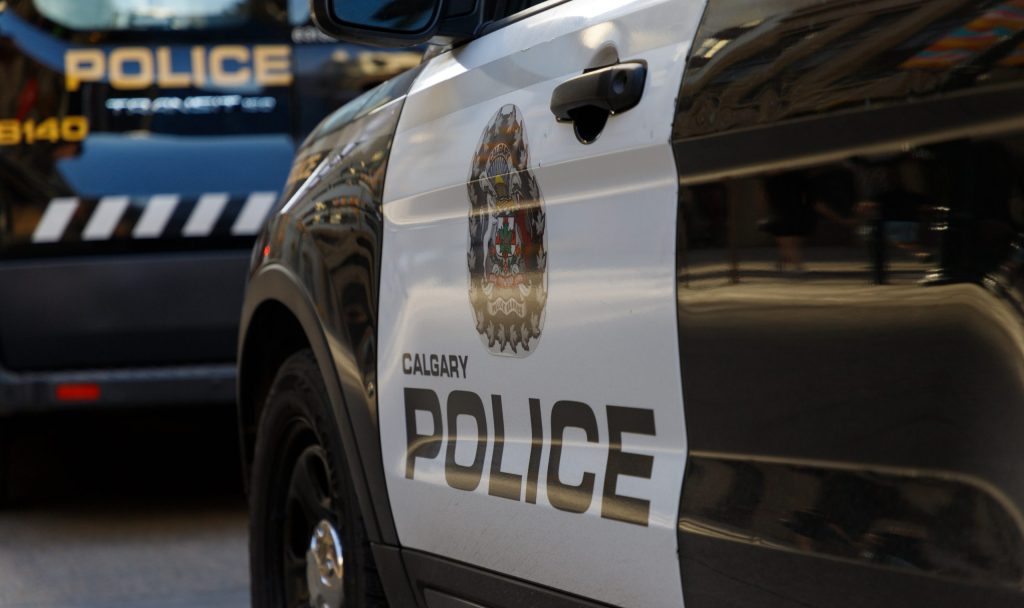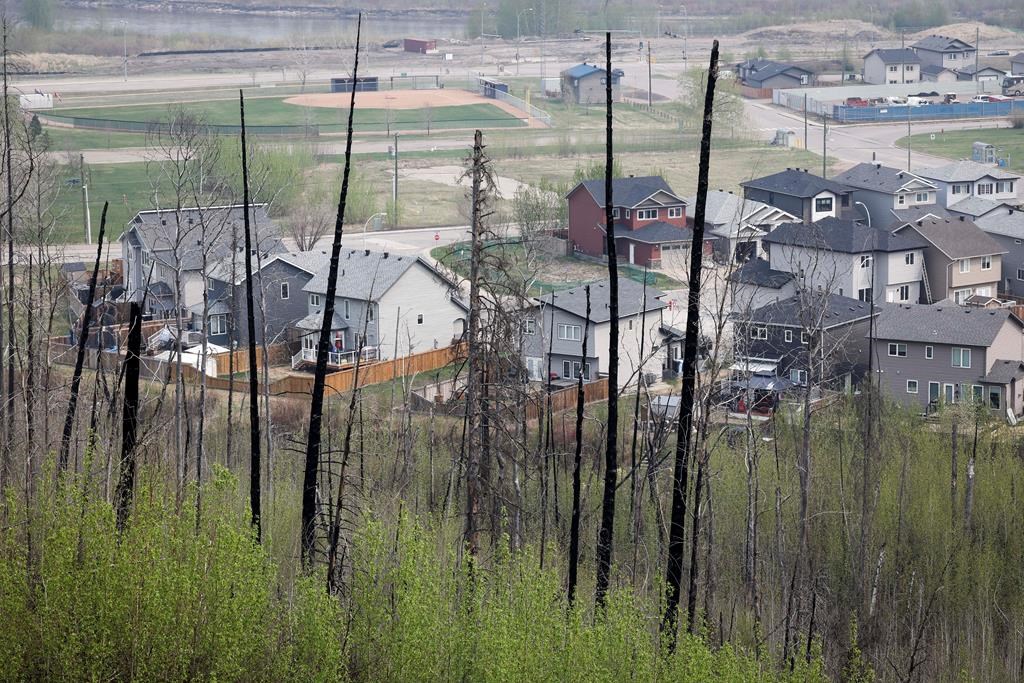How an ‘unacceptable’ debate question about Quebec could change the election outcome
Posted Sep 18, 2021 4:29 pm.
Last Updated Sep 18, 2021 4:47 pm.
MONTREAL (CityNews) ─ A question posed to Bloc Quebecois Leader Yves-Francois Blanchet during the English-language debate last week may have changed the trajectory of the election in Quebec.
The Sept. 9 debate began with moderator Shachi Kurl, president of the Angus Reid Institute, asking Blanchet to explain why he supports “discriminatory laws” in Quebec.
Kurl was referencing the secularism law banning some public servants in positions of authority from wearing religious garb or symbols.
“Those laws are not about discrimination. They are about the values of Quebec,” Blanchet responded.
After the debate, Blanchet told reporters it was “extraordinary” to have the debate open with “a bunch of insults against Quebecers” by the moderator.
He suggested that Kurl’s question reflects a bias against Quebec that is shared in the rest of the country and that it shows Quebec’s interests need to be protected. He noted that no other leader came to Quebec’s defence.
READ MORE: Leaders defend Quebecers as questions about discrimination erupt after debate
In the riding of Longueuil─Charles-Lemoyne on Montreal’s south shore, which is a battle between the Liberals and the Bloc Quebecois, that question − and Blanchet’s response to it − may prove to be the difference.
The Liberals won the riding from the NDP in 2015. But the Bloc has closed the gap in the last two elections, losing in 2019 by just 1,320 votes.
“It was a great opportunity for Mr. Blanchet to score tremendous points, telling the rest of Quebecers, ‘see we’re not paranoid, we know the rest of Canada looks at us differently and we’re not getting a fair deal with Ottawa, and we are your best bet to protect your interest,’” said political analyst Karim Boulos.
READ MORE: Pandemic federal election campaign produces little enthusiasm for any party
Quebec Premier François Legault described the debate question about Bill 21 and Bill 96 as “unacceptable” and an attack on the province.
Bill 96 is the proposed reform to Quebec’s French language law, updating the longstanding Bill 101.
Bill 21 is the province’s secularism law banning some public sector employees like teachers from wearing religious symbols while on the job.
CityNews spoke to some Quebecers who said they appreciated Blanchet’s response to the moderator’s question.
“I think for sure it touched some people, especially the Quebec population,” said one resident of Montreal’s south shore. “And they probably were like, ‘we have to stand up for ourselves because the Canadian population isn’t sometimes with the Quebec population.’”
Added another: “If you insult Quebec people, you give them a reason to vote against the rest of Canada.”
With its 78 electoral seats, Quebec is a key battleground that could determine the outcome of the election. At dissolution, the Liberals held 35 seats in the province, the Bloc had 32, the Conservatives were at 10 and the NDP had just one.
“The conservatives will do a little bit better in Quebec than they did last time so I think they’re potentially a spoiler,” said Boulos. “They can gain just enough votes to take away votes from the Liberals, making it a little bit easier for the Bloc to get in between.
“When you have a vote-splitting situation, which is likely to happen in a number of ridings, some seats will flip. I think the Liberals will lose a number of seats to the Bloc, not because the Bloc is going to do so much better − they might maintain the same number of voters as last time − but with the Conservatives stealing some potential Liberal votes, it leaves room for the Bloc to come back.”
—With files from The Canadian Press










